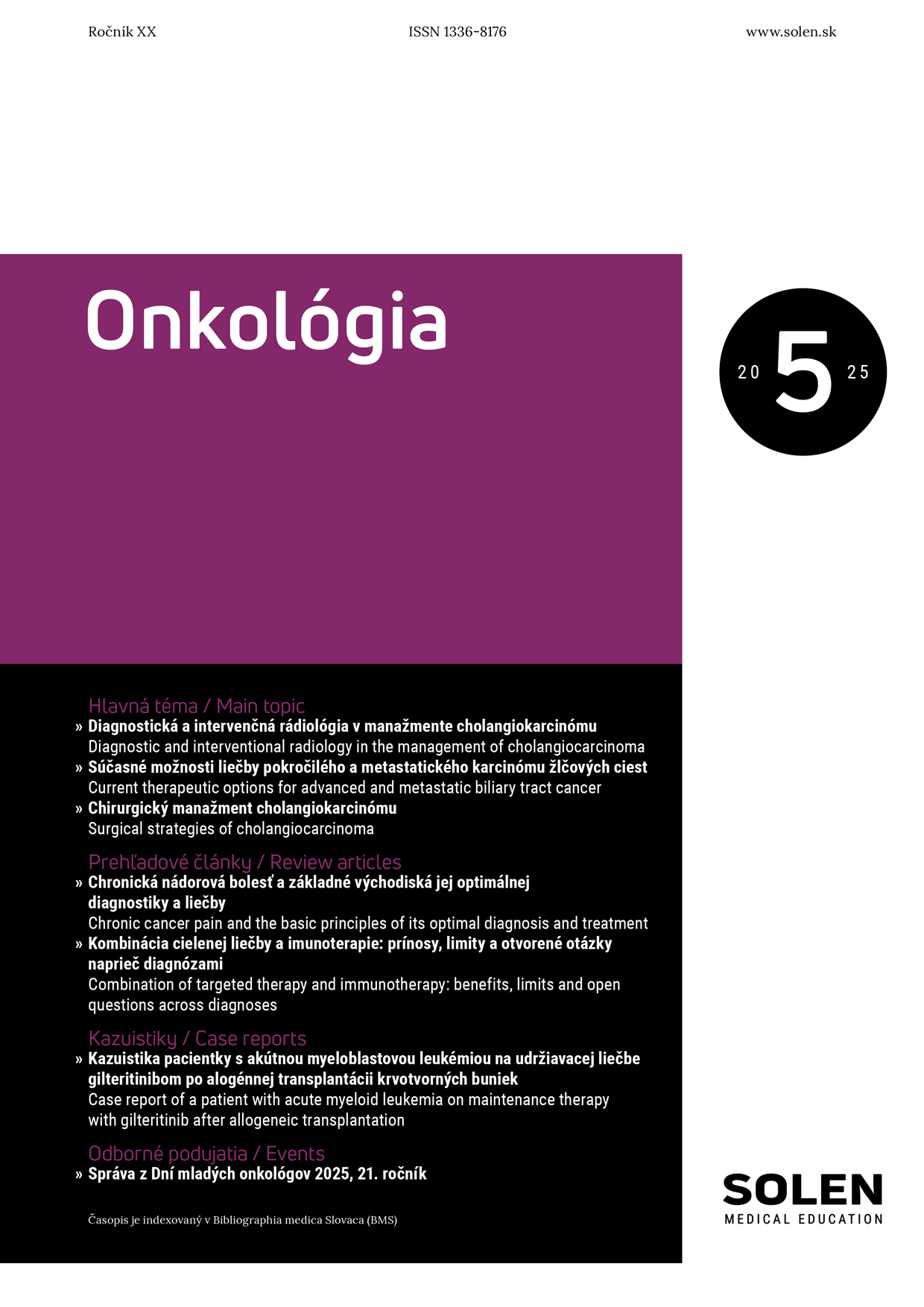Pediatria pre prax 2/2014
Racionální antibiotická léčba u dětí s respiračními infekcemi
Infekce dýchacího systému patří mezi nejčastější onemocnění u dětí v průběhu celého roku. Jejich počet stoupá především v chladných měsících, kdy onemocnění mívá dítě i vícekrát během několika měsíců. Jedná se především o infekce horních cest dýchacích s lehkým průběhem. V řadě případů se ovšem nemusí jednat o onemocnění banální. Především infekce dolních dýchacích cest, ale i postižení středouší mohou mít těžký průběh a být provázeny řadou komplikací, nebo vést dokonce k dlouhodobým následkům. Převážná většina respiračních infekcí je virového původu, takže jejich léčba je symptomatická. Nicméně některá onemocnění jsou původu bakteriálního – buď jde o primární bakteriální zánět, nebo se bakteriální agens uplatní při komplikaci virového zánětu. Kauzální léčba je potom antibiotická, nicméně vzhledem ke vzrůstající rezistenci a možným komplikacím při antibiotické léčbě především v době hrozivě narůstající četnosti klostridiových enterokolitid (zatím především v dospělém věku) je nutno zvolit antibiotikum co nejužšího spektra se znalostí předpokládaného či prokázaného původce.
Kľúčové slová: infekce respiračního traktu, původci respiračních onemocnění, antibiotická léčba, očkování.
Reasonable treatment in children with respiratory infections
Infections of the respiratory system constitute some of the most common childhood illnesses throughout the year. The number of infections increases mainly in the colder months wherein children fall ill several times over the course of several months. These are mainly mild upper respiratory cases. However there are cases that are not so trivial. These are mainly lower respiratory infections and even inner ear complaints which can have a severe course and can be accompanied by a range of complication that may even lead to long-term consequences. The vast majority of respiratory infections are of viral origin; therefore, their treatment is symptomatic. Nevertheless, some illnesses are bacterial. These are either primary bacterial infections or arise as a complication of viral infection. The appropriate treatment is then antibacterial. However, given the increasing incidence of resistance and possible complications during antibacterial treatment, particularly with the current proliferation of Clostridium difficile enterocolitis (currently affecting mainly adult patients), it is necessary to select an antibacterial agent with the narrowest spectrum and with a degree of certainty as to the microbial cause of the infection.
Keywords: respiratory infections, aetiological agents of respiratory tract infections, antibiotic treatment, vaccination.

















